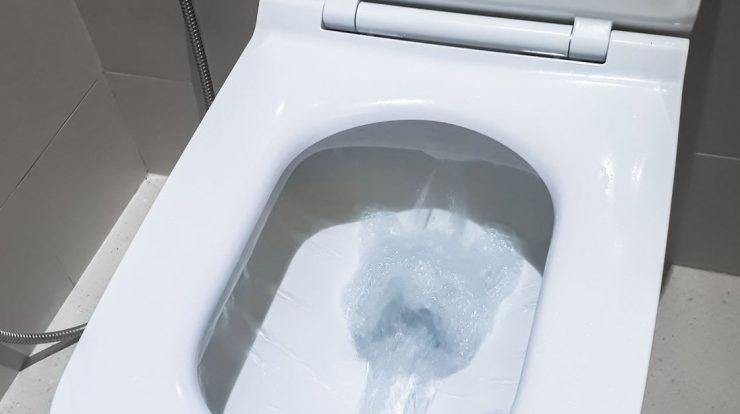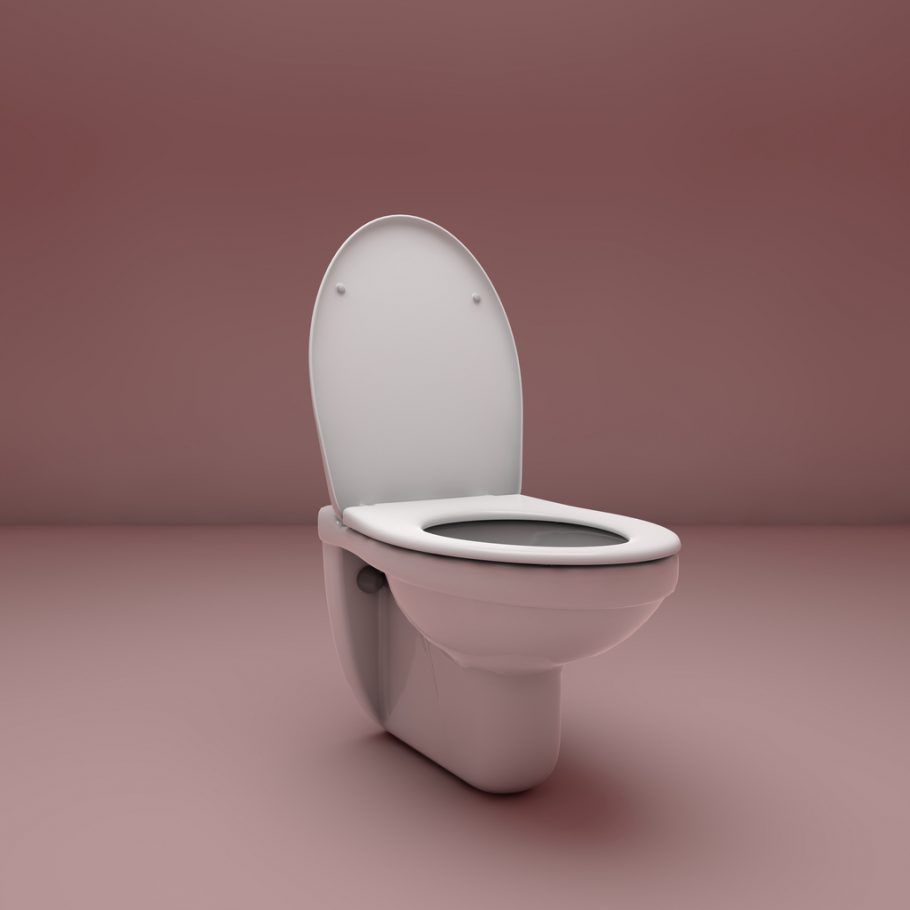
Not many people really expected this, but there are scientists working hard on an intriguing invention, to say the least. An anal scanner is designed to be installed in healthy They are smart and do anal reading for those who use them.
Target? It collects daily physiological data, such as stool and urine, to prevent or detect certain diseases, including some types of cancer, such as colorectal cancer.

Credit: Kanjana intaounwong / istockScientists develop an anal scanner to monitor people’s health
Behind this project is a team of scientists from Stanford School of Medicine in the United States, which has already completed the pilot study of 21 participants.
They say the device could be particularly useful for individuals who are genetically predisposed to certain conditions, such as irritable bowel syndrome, prostate cancer or kidney failure.
But how does it work?
The toilet is equipped with devices with a set of different technologies, including a protected camera. These technologies collect information from any material deposited there through video.
Then, urine and stool samples are processed through a set of algorithms that can distinguish between normal “urodynamics” (flow rate, flow time, and total volume, among other factors) and stool consistency.
Additionally, the device implants urine test bars from a small sample. This type of test can help detect problems that need treatment, including infection or kidney problems.
The extracted data is automatically sent to a secure cloud-based system for protection.

Credit: Adaask / istockSmart toilet reads urine and stool samples
anal reading
The researchers’ concern was to ensure that the smart bathroom could really distinguish between users and provide individual health responses. To do this, they created a dump lever to read fingerprints.
However, the team realized that fingerprints are not completely foolproof. What if someone used the toilet and another flushed it?
This is where the anus reading comes in. They added a small scanner that takes pictures of this part of the body.
“We know it sounds weird, but we found your anal impression to be unique,” said one of the study’s authors, researcher Sanjeev “Sam” Gambhir.
Scans are only used as an identification system to match users with their specific data. According to the researcher, no one sees the pictures.
There is still no prediction of when a smart bathroom will be used in people’s daily lives, as new studies will be conducted with a larger number of participants and new features will be tested.
One of the researchers’ goals is to develop molecular analyzes of stool samples. “This is a bit more complicated, but we’re working on it,” Gambier said. “The smart bathroom is the perfect way to take advantage of an often overlooked data source – and the user doesn’t have to do anything different.”
Despite their enthusiasm for the results so far, the researchers stress that a bath is by no means a substitute for a doctor’s consultation.
